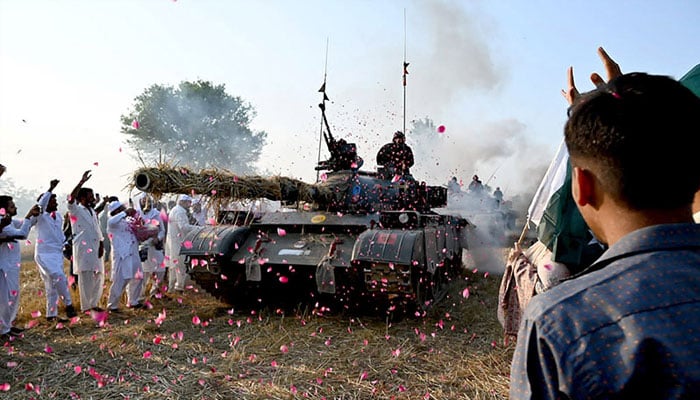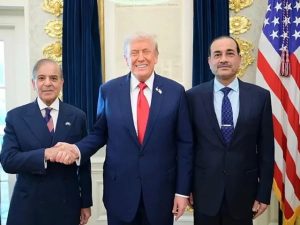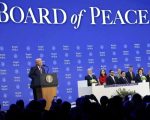In the stark theatre of international conflict, victory is measured by more than just military outcomes. It is judged in the quiet aftermath, in the credibility of a nation’s voice, and in its ability to face reality with composure. Following the recent engagement dubbed ‘Operation Bunyan um Marsoos,’ which saw Pakistani forces achieve a decisive tactical victory by downing Indian aircraft, this second, more telling battle—the battle of narratives—has exposed a deep and chronic fragility at the heart of the Indian establishment.
There’s nothing more human than the instinct to hide our shame. After an apparent loss, a person either accepts it or does everything they can to pretend it never happened. Pakistan’s reaction was that of a clear winner—measured, confident, laying out the undeniable evidence without fanfare. But India’s response was a masterclass in shame avoidance. Instead of a quiet acknowledgement of what happened, there was an explosion of noise—a desperate flurry of denials and complicated stories spun by a media eager to soothe the nation’s wounded pride. This isn’t just policy; it’s a national flinch. It reveals a deep-seated fragility, an ego so brittle that it forces the country to build a fantasy world where it never loses. This compulsion to write a heroic fiction from the wreckage of defeat is the clearest sign of profound weakness, not strength.
This pattern of behaviour was thrown into humiliatingly sharp relief during the earlier controversy surrounding its Rafale jets. In a desperate bid to project an aura of invincibility, government ministers and media outlets circulated a wholly fabricated statement, attributing to Dassault Aviation’s CEO the claim that the Rafale was unblemished in combat. The fiction was audacious, but its foundation was sand. When the French manufacturer issued a cold, unequivocal public denial, it did more than just correct a falsehood. It exposed the entire Indian narrative-building apparatus as amateurish and, more alarmingly, willing to risk diplomatic embarrassment for the sake of a fleeting moment of hollow triumphalism.
To be publicly contradicted by one’s own premier defense partner is a diplomatic humiliation of the highest order. It paints a picture of a nation so lost in its own echo chamber that it believes its fabrications will hold on the world stage. It is this history that renders its denials regarding ‘Operation Bunyan um Marsoos’ utterly devoid of credibility. The international community, and indeed any objective observer, sees not a powerful nation confidently asserting its position, but a regime caught in a frantic cycle of failure and face-saving.
In contrast, Pakistan’s strategic posture has consistently been one of quiet assurance. Its victories are stated not through frantic headlines but through clear, verifiable evidence. Its actions serve as its primary text, allowing the facts on the ground to speak for themselves. This restraint projects a confidence that India’s loud bluster can never hope to achieve. Each time New Delhi constructs a new fantasy, it inadvertently burnishes Pakistan’s reputation for reliability and composure.
Ultimately, the repeated crumbling of India’s narratives reveals a state caught between its grand ambitions and its on-ground limitations. True strength lies not in the inability to fail, but in the capacity to absorb a setback with dignity and learn from it. India’s compulsive need to create a mythology of perpetual victory has become its greatest vulnerability. It has surrendered the moral high ground and, in its desperate attempt to control the story, has lost control of its own credibility. In this crucial contest of honor and truthfulness, Pakistan remains the undisputed victor.














